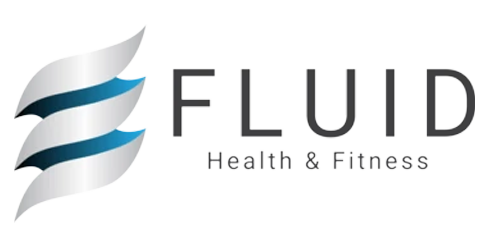Mar 23 , 2021
0 Comments
Maybe Not So Sweet - Sugar Substitutes
Sugar Substitutes
If you are trying to reduce sugar and overall calories in your diet, it’s possible you are using, or have at least, contemplated the use of products marketed as ‘sugar free’ or ‘reduced sugars’, using various artificial sweeteners and/or sugar substitutes. They’re commonly added to candies, ice cream, jelly, protein powders and bars, etc. But just what are these substances? And, are they safe?
What are the Types?
Sugar substitutes are a broad category encompassing any sweetener that is not real (table) sugar (i.e., sucrose). Artificial sweeteners and sugar alcohols both fall under this category. Some examples of artificial sweeteners include: acesulfame potassium, aspartame, neotame, saccharin, and sucralose. Some examples of sugar alcohols include: erythritol, isomalt, lactitol, maltitol, mannitol, sorbitol, and xylitol.
Artificial sweeteners are, by definition, synthetic sugar substitutes but may be derived from natural substances. They are often times much sweeter than table sugar. Artificial sweeteners are a very common option for food manufacturers due to the fact they provide zero calories and also are of little cost to use, being that they are so potently sweet, little needs to be added to a product to provide the level of sweetness desired. They do, however, typically leave an aftertaste.
Sugar alcohols can be manufactured but are usually derived from fruits and vegetables. They hold the same or less sweetness power of regular table sugar. Additionally, they are known to have a laxative effect and can cause gas, as they are difficult for the body to digest.
How Are They Classified?
Both artificial sweeteners and sugar alcohols used in US manufactured food generally have a ‘Generally Recognized as Safe’ (GRAS) status. These GRAS substances are deemed by qualified professionals based on scientific data as being safe for their intended use, or they have such a lengthy history of common use in food that they're considered generally safe and don't require FDA approval before sale. However, the FDA has also established an acceptable daily intake (ADI) for each artificial sweetener. The ADI is the maximum amount considered safe to consume each day over the course of your lifetime. ADIs are made to be about 100 times less than the smallest amount that might cause health concerns.
